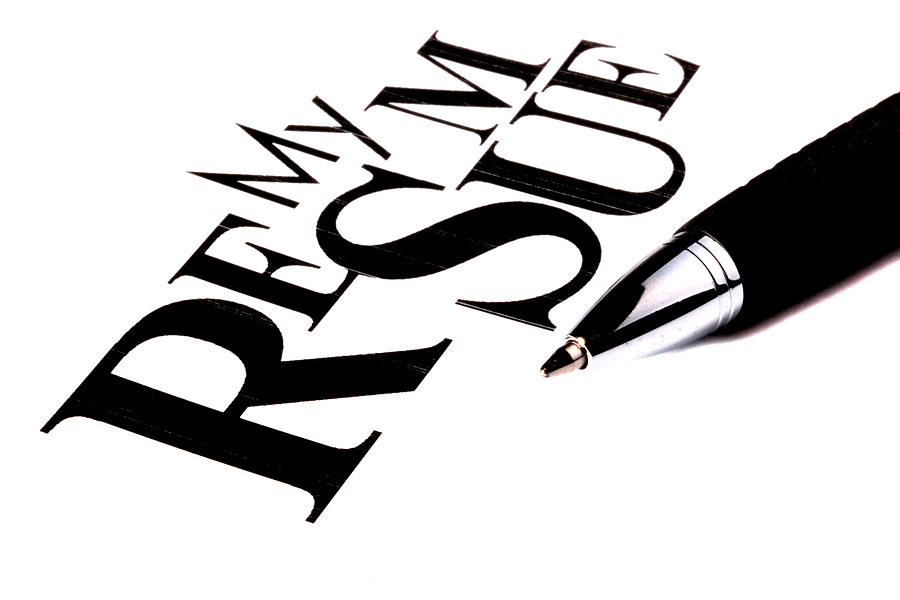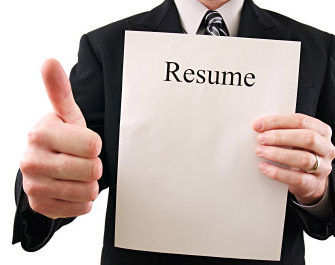-
Résumé-writing tips for managers and executives
Monday, 28/04/2014
Job seekers often communicate a first impression through their résumés. In the newly updated edition of "Expert Résumés for Managers and Executives," authors Wendy Enelow and Louise Kursmark stress the importance of a strong résumé for all applicants.
-
Monday, 28/04/2014
As the book's introduction states, the authors are all for "cleanliness, accuracy and brevity." They want writers to select words that convey exact meaning -- an excellent idea on résumés when you want to make a big impression in a small space.
-
Simple guidelines for writing a stellar résumé
Monday, 28/04/2014
Your résumé should communicate vital information to a potential employer, but how do you know if yours is up to par and will compete with other résumés?
-
10 useless résumé words (and 10 eye-catching ones)
Monday, 28/04/2014
-
5 Easy Ways to Improve Your Résumé
Monday, 28/04/2014
Look at your résumé: Would you still be compelled to read it if it wasn't your own, or would the vast array of typos, unusual fonts, long sentences and obscure language turn you away? While your résumé may not be a full-on Monet (meaning, up close, it's a big old mess), it may simply need some minor tweaking in order to get noticed. Take these five small steps to see big results.
-
Quiz: Are you really ready to switch careers?
Monday, 28/04/2014
Switching careers is a big step, and you think you're ready to take it.
-
Are you a manager or a leader?
Monday, 28/04/2014
In your interactions with team members, do you act mainly as a manager or as a leader? The question may seem like splitting hairs, but it's not. Although the terms are often used synonymously, they represent two very different approaches to the supervision of personnel and projects.
-
Monday, 28/04/2014
Most people are familiar with the importance of a well-constructed resume, and put a fair amount of time into creating one. But just as important is the cover letter that accompanies and introduces your resume.
-
5 things to leave off your résumé
Monday, 28/04/2014
It's never easy to figure out what to put on your résumé. What will that one line be that hooks the hiring manager?










